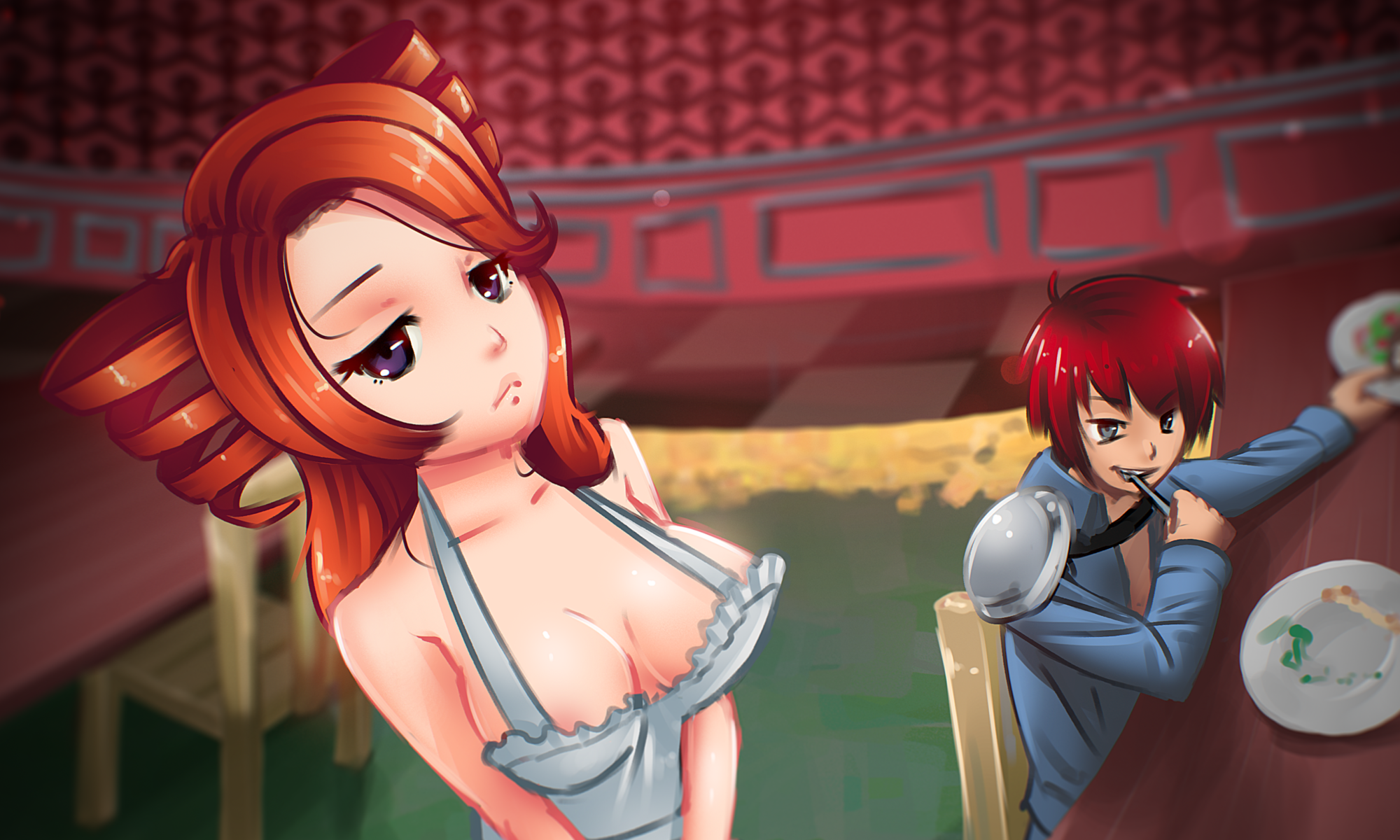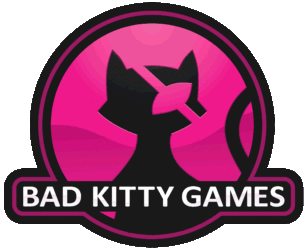As I’ve mentioned before one of the perks of doing this is that I get recommended a wide variety of games, anime, and whatever else else that fans of Harem Collector tell me are good. Well, for today let me tell you about one of my favourite games- Alpha Protocol, which is available on Xbox 360, PS3 and PC.
Alpha Protocol is a spy thriller RPG set in the modern day. You play as Mike Thorton, a recent recruit by the titular shadowy government agency to be it’s newest agent. Alpha Protocol, the organization that is, is completely secret in the US intelligence community- they operate without a budget, with no oversight, and thus, without being a political liability to the US. They get what they need by trading secrets on the black market, and are a completely deniable asset for doing really shady stuff like high-profile assassinations, sabotaging America’s economic rivals, that sort of thing.
As Mike, you undergo training and orientation, and then get sent to Saudi Arabia under orders to find and then assassinate Shiekh Al-Shaheed, the leader of a terrorist organization known as Al-Samad who is suspected of masterminding a missile attack on an American jetliner a few weeks earlier. When you find Al-Shaheed, however, he claims that he was given the high-tech guided missile used by it’s American manufacturer for the express purpose of carrying out terror attacks.
Al-Shaheed’s words prove true when, shortly after contacting his Alpha Protocol handler, Mike barely escapes a trio of guided missiles sent to destroy his position. Immediately after, Mike is labelled as a rogue agent by Alpha Protocol, and sets out on his own to investigate what’s going on and clear his name.
Now, AP isn’t a great game, strictly speaking. It has more than it’s fair share of technical problems and design flaws, and will never be counted as influential. But it’s a fun game with awesome ideas and a lot of potential that got shafted by timing.
So, what went wrong? Well, allegedly the AI is terrible… but hey, I don’t play FPSes so I wouldn’t know. The games freezes on occasion- not often, but you’re going to experience it at least once a playthrough- but hey, at least this only happens shortly after the game autosaves. The game’s design is flawed, and suffers from a similar problem to Deus Ex: Human Revolution- namely that, a stealth character is only viable until you have to fight a boss. Being a gadgeteer has similar problems, and ultimately plays mostly like a mix between the combat and stealth classes anyway, only using gadgets to make up in the shortfall in skill points.
However, what the game gets right is amazing.
First of all, the game actually responds to your choices in a way that even Bioware games don’t do as well. You’re occasionally asked whether or not you want to execute an enemy or let them go in exchange for extorting help from them, and your choices in this regard come up constantly. Your choice of specialty comes up a lot- for example, after being told that there are a lot of elite guards in the next mission, a stealth operative will be told “Not that it will be a problem for you”, and a gadgeteer character does all their own hacking rather than relying on their handlers to do it for them. The game will even know and respond when you’re trying to do a pacifist playthrough, or manage to ghost your way through missions without being spotted.
Hell, it’s entirely possible to go through the game and kill literally every other significant character other than Mike. Or, win the respect of your enemies, the admiration of your allies, and finish the game on good terms with everyone (despite having blown up the enemy base and whatnot). A little like Dragon Age, there are only four or so actual endings, but about 2-3 options for little ending blurbs for every other character in the game, so it’s going to take a lot of playing to see every possibility.
Your allies and enemies are pretty interesting and flexible as well. Through the game, you will meet up and potentially recruit the aid of a sexy photojournalist, the leader of a Taipei triad, a Russian industrialist, a trigger-happy German mercenary, an extremely well-funded private intelligence organization, the president of Taiwan, and an aging security expert who was once a rogue agent from Alpha Protocol himself. All these people can be allies or enemies, depending on your actions, and all are deeper and more interesting than what I’ve listed here (except maybe the German, she was never the best characterized and I got the impression that they game’s producers decided somewhat last minute that they wanted a fourth love interest in the game and so implemented her).
As an example of what I mean, take the previously mentioned Shiekh Al-Shaheed and his organization, Al-Samad. At first they seem to be pretty basic expies of Osama bin Laden and Al-Qaeda, but it becomes clear over time that Al-Samad is a mainly secular, politically-motivated organization that is being manipulated by an American weapons firm. Al-Shaheed is an asshole, but he wants to escape the grip of said weapons firm and is willing to help you. So after first meeting him, you have the choice of executing him outright or hearing out what he has to say. Your options then become a) kill him anyway, b) use him for information and then kill him, c) part ways and never speak to him again, or d) become mutually-respectful allies, in which case he’ll help you out on the final chapter of the game. I haven’t played many modern military shooter or spy stealth games, but to go so deeply into a Middle Eastern terrorist organization’s motives and the personality of it’s leader was something new and fresh to me when this game came out in 2009.
The real star of the show is the social system, however. Every time Mike gets to respond, he can pick between three or four “styles” of response. These were referred to in development as the “three JB’s”- you can pick from a James Bond-esque suave option, a Jason Bourne-style professional and to-the-point option, or a Jack Bauer-type angry, threatening and no-bullshit option. Unlike, say, Mass Effect, the game outright says that Mike Thorton is an expert manipulator and can switch from style to style freely depending on what he wants the other person to see. And there are advantages to either one- for example, that ex-Alpha Protocol aging security expert I mentioned before? He’s too genre-savvy to fight you directly… unless you piss him off enough that he wants to settle things personally. Or, alternately, you can earn his respect to the point where in the endgame, you can appeal to his sense of honour ask him if keeping his word to a bunch of shady industrialists is really worthwhile. Doing so with a high enough relationship means that that NPC will help you out in the final battle. Every relationship is tracked separately, and while some NPCs are more useful than others, you never know until you’ve played through the game.
And of course, there the fourth option- you can also choose a background that gives you additional conversation options. You can choose to be a Recruit, which starts you off with a little less skill points, in exchange for “inexperienced” conversation options that either involve fresh ideas, or at least lets you impress your allies by saying “I know I’m new at this, but… *extremely good logical deduction here*”. Once you’ve played through the game once, you also get the option of being a Veteran, which not only gives you bonus skill points, but also gives you a conversation option that reflects a grizzled old campaigner, with the experience necessary to stay one step ahead of his enemies.
The game even gets Social Justice Points ™. One of the more interesting characters, who is also one of my favourite NPCs and an extremely effective villain, just kind of happens to be gay. You won’t know unless another NPC tells you, or you deduce from his love of classical statuary (dude has a lot of marble statues of naked athletes in his home), but he remains a cold, calculating, and ruthlessly terrifying man… who happens to <3 the cock in his spare time.
Now, the reason why you’ve probably never heard of this game, is because it got delayed. Alpha Protocol was originally previewed way back in 2008, and had it come out in a timely fashion, it would have compared favourably to other shooter RPGs like Mass Effect and Bioshock. But the game got stuck in development hell and didn’t see a firm release date until 2009, which still wouldn’t have been that bad, AP would have to competed against Fallout 3 in the shooter RPG category but that wasn’t necessarily terrible. But instead, it was delayed further to June 2010, which was it’s death knell. You see, five months before, in January, Mass Effect 2 was released and it was pretty effectively a game-changer. Alpha Protocol stills played like an early Xbox 360 game, and simply couldn’t compete.
Anyway, I’ve fanboyed long enough. If you’re interested in anything I said and can overlook some flaws in a game with truly unique storytelling and a few really innovative mechanics, try and look up Alpha Protocol.

